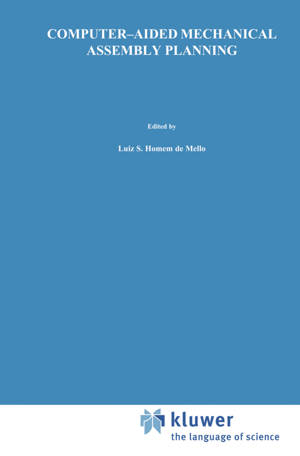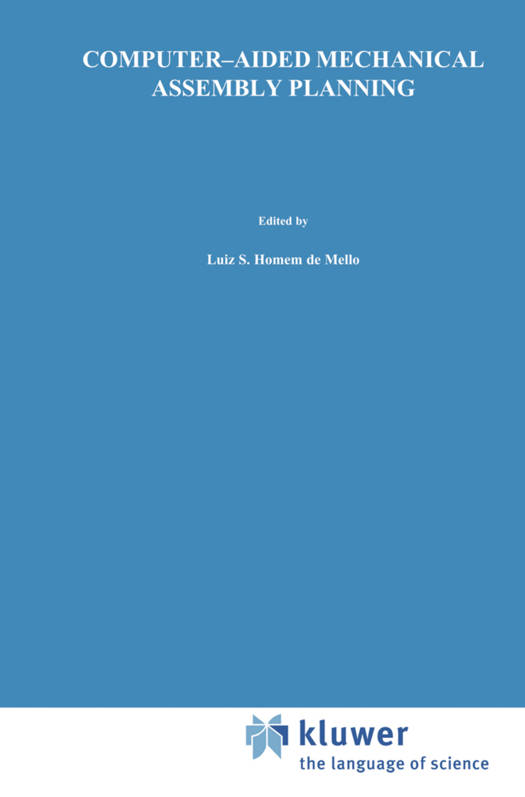
Door een staking bij bpost kan je online bestelling op dit moment iets langer onderweg zijn dan voorzien. Dringend iets nodig? Onze winkels ontvangen jou met open armen!
- Afhalen na 1 uur in een winkel met voorraad
- Gratis thuislevering in België vanaf € 30
- Ruim aanbod met 7 miljoen producten
Door een staking bij bpost kan je online bestelling op dit moment iets langer onderweg zijn dan voorzien. Dringend iets nodig? Onze winkels ontvangen jou met open armen!
- Afhalen na 1 uur in een winkel met voorraad
- Gratis thuislevering in België vanaf € 30
- Ruim aanbod met 7 miljoen producten
Zoeken
€ 259,45
+ 518 punten
Uitvoering
Omschrijving
Some twenty years have elapsed since the first attempts at planning were made by researchers in artificial intelligence. These early programs concentrated on the development of plans for the solution of puzzles or toy problems, like the rearrangement of stacks of blocks. These early programs provided the foundation for the work described in this book, the automatic generation of plans for industrial assembly. As one reads about the complex and sophisticated planners in the current gen- eration, it is important to keep in mind that they are addressing real-world problems. Although these systems may become the "toy" systems of tomor- row, they are providing a solid foundation for future, more general and more advanced planning tools. As demonstrated by the papers in this book, the field of computer-aided mechanical assembly planning is maturing. It now may include: - geometric descriptions of parts extracted from or compatible with CAD programs; - constraints related to part interference and the use of tools; - fixtures and jigs required for the assembly; - the nature of connectors, matings and other relations between parts; - number of turnovers required during the assembly; - handling and gripping requirements for various parts; - automatic identification of subassemblies. This is not an exhaustive list, but it serves to illustrate the complexity of some of the issues which are discussed in this book. Such issues must be considered in the design of the modern planners, as they produce desirable assembly sequences and precedence relations for assembly.
Specificaties
Betrokkenen
- Auteur(s):
- Uitgeverij:
Inhoud
- Aantal bladzijden:
- 446
- Taal:
- Engels
- Reeks:
- Reeksnummer:
- nr. 148
Eigenschappen
- Productcode (EAN):
- 9780792392057
- Verschijningsdatum:
- 30/09/1991
- Uitvoering:
- Hardcover
- Formaat:
- Genaaid
- Afmetingen:
- 156 mm x 234 mm
- Gewicht:
- 820 g

Alleen bij Standaard Boekhandel
+ 518 punten op je klantenkaart van Standaard Boekhandel
Beoordelingen
We publiceren alleen reviews die voldoen aan de voorwaarden voor reviews. Bekijk onze voorwaarden voor reviews.











